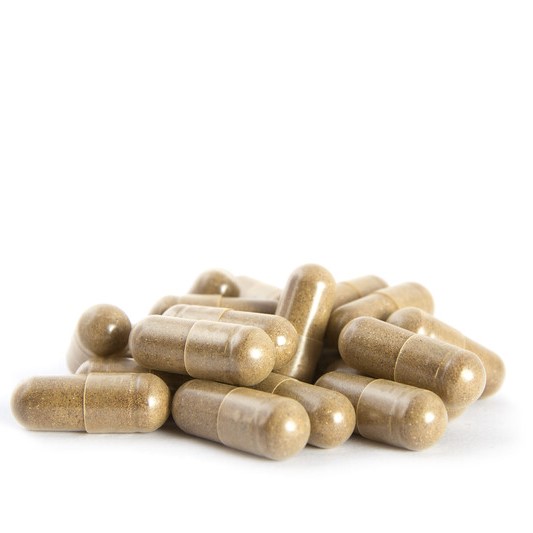So What's the Deal With Collagen?
 While it is true that collagen is the main protein that makes up tendons, ligaments,
bones, and skin -- the effects of collagen supplementation and the efficacy of digestability in the body are not quite clear in scientific literature.
While it is true that collagen is the main protein that makes up tendons, ligaments,
bones, and skin -- the effects of collagen supplementation and the efficacy of digestability in the body are not quite clear in scientific literature. First off, let’s talk about the bare bones of collagen: amino acids. Amino acids are
the building blocks of proteins. Out of the 20 amino acids that make up a protein, our bodies only naturally produce 11 of them (non-essential amino acids). The other 9 essential amino acids,
must be consumed in our diets. The easiest way to get all of our essential amino acids,
is by consumption of animal proteins, which naturally contain all 9 essential amino acids. These are called complete proteins. Vegetarians and vegans can also get all 9 essential
amino acids in their diet by combining various incomplete sources of protein foods to get a complete
diet.
Collagen, and the cheapest form of it which is gelatin (yes, like Jell-o), is an incomplete protein. This means you’d have to supplement your collagen with another form of protein to get all nine
essential amino acids required for cell growth.
When you exercise, you are essentially damaging your muscles and connective tissue. Your body uses protein and amino acids to repair this damage, which ultimately makes you
stronger overall. However, your body needs complete proteins to do this repair. When your body
does get all 9 essential amino acids, it will likely just repair whatever tissues need repairing
first. It’s tough to say that if you take collagen in the morning, that specific collagen
powder will only be used by your body on that day to go directly to the skin on your face or stomach or wherever you’d like tighter skin. Most likely, you’re just helping your body increase overall protein consumption which helps your body repair its tissues anywhere it needs to.
One study I found showed slight, non-statistically significant increases in amino acids after taking collagen mixed with vitamin C one hour before working out, but the authors admit it is tough to know if that's due to the collagen, the vitamin C it was mixed with, or the
exercise.
Other studies have shown that while collagen may show a slight increase in overall tissue repair, a healthy and complete diet with appropriate exercise that includes strength
training is far more important to protein, muscle, and collagen synthesis in your body. If you
absolutely love your collagen coffee creamer and it is does not cause a financial hardship for
you or makes you sick in any way, it is likely okay to continue using it. However, a balanced diet
with plenty of complete protein sources, or incomplete protein sources mixed together, along with a balanced exercise routine is always the best place to start if you want to become an overall
healthy person.
**Please note that this is not nutritional advice, and I am not a registered dietitian.
This is simply presenting current research on collagen supplementation. If you have questions or concerns regarding your protein intake or overall diet, it is recommended that you
reach out to a registered dietitian.
Sources: Lis, D. M., & Baar, K. (2019). Effects of Different Vitamin C-Enriched Collagen
Derivatives on Collagen Synthesis. International Journal of Sport Nutrition & Exercise
Metabolism, 29 (5), 526–531.
